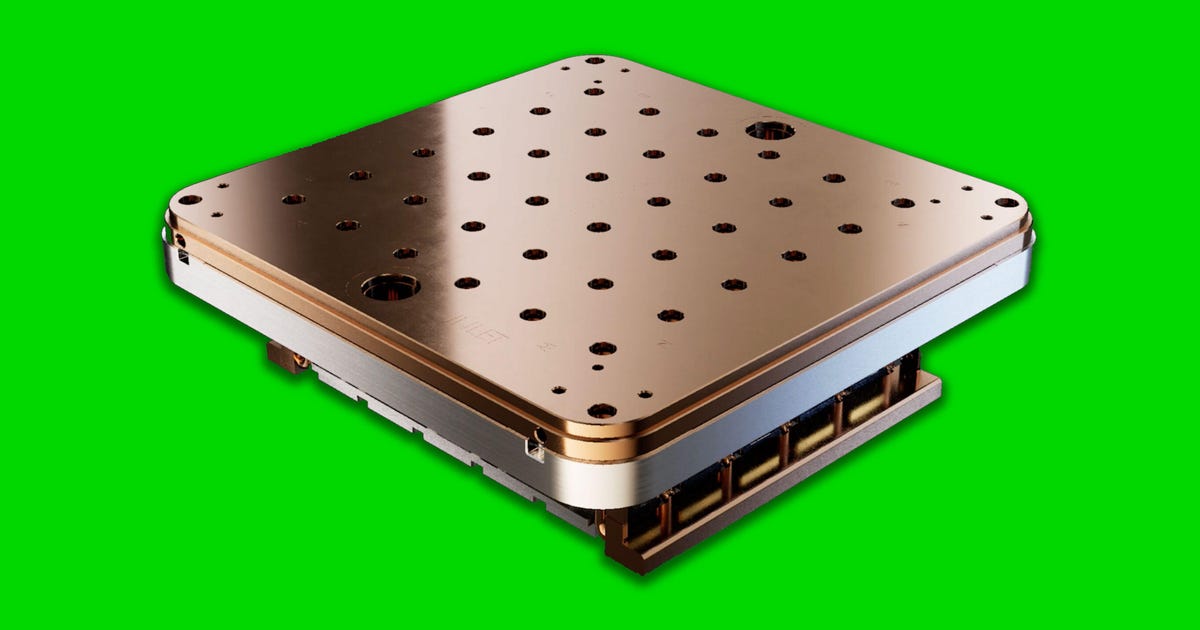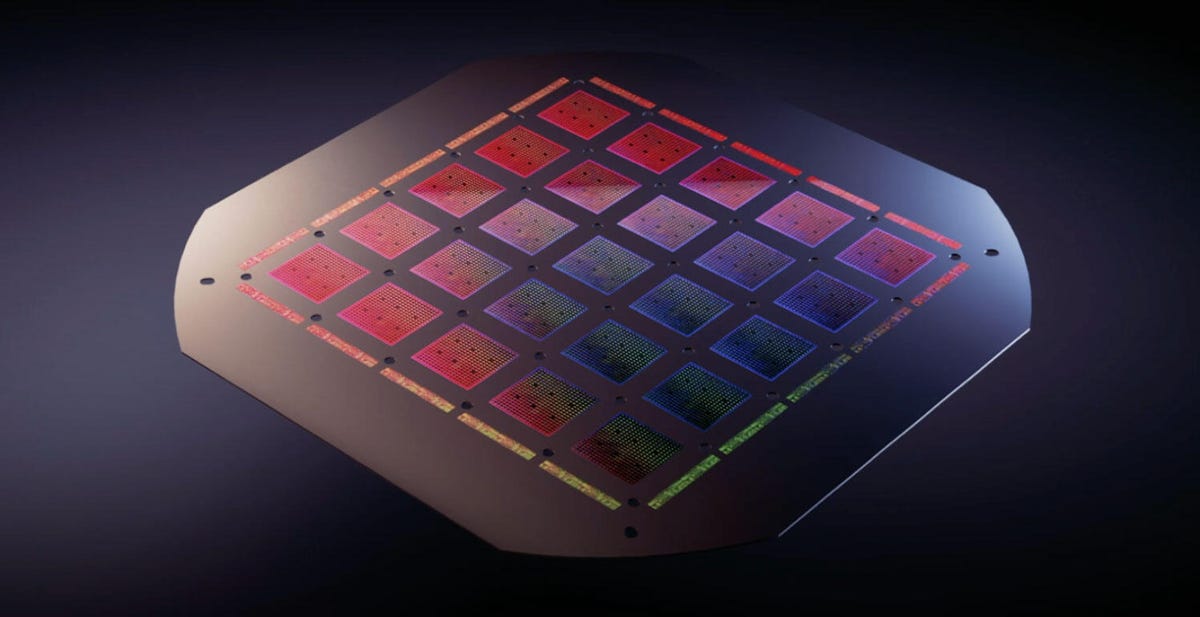Why Tesla Thinks It'll Build Self-Driving Cars Before Everyone Else
Why tesla thinks it ll build self driving cars before the model why tesla thinks it ll build self driving cars before windshield why tesla thinks it ll build self driving cars before a crash why tesla thinks it ll build self driving uber why tesla thinks it ll building why tesla thinks it ll why tesla thinks it ll all work out lyrics why tesla thinks it ll all work out tom petty

Why Tesla Thinks It'll Build Self-Driving Cars Before Everyone Else
Tesla has revealed the AI technology it's created to teach its thousands of cars to drive themselves in the race to revolutionize the transportation industry.
The artificial intelligence system, called Dojo and detailed Tuesday at the Hot Chips conference, yokes together hundreds of its D1 chips into hulking "exapods." Their job is to process video from the fleet of Tesla cars on the road today to learn how real-world driving works. That training process is the foundation for the FSD, short for Full Self Driving, that Tesla expects will eventually pilot its cars through freeway interchanges, parking lots and traffic signals.
Tesla has struggled to deliver that FSD product to customers, many of whom paid for it years ago, because training an AI to deal with the complexity of the real world turned out to be much more computationally challenging than Tesla expected. Dojo's massive computing horsepower is designed to finally make self-driving Teslas a reality.
FSD today is in limited beta testing and requires constant human oversight that disqualifies Teslas as truly self driving. However, Tesla Chief Executive Elon Musk expects the technology to pave the way to fully autonomous vehicles -- a significantly harder challenge that requires cars to be able to pilot themselves with no human driver at all.
Tesla first started talking about Dojo in 2021 at its AI Day event. At Hot Chips, Tesla detailed how Dojo's D1 chips work and how they're linked together by the dozens or hundreds into a mammoth computing fabric.
"We need to accelerate these AI accelerators," Ganesh Venkataramanan, who leads Tesla's autonomous vehicle hardware effort, said in a Hot Chips talk.
The AI training hardware is flexible enough to accommodate a wide range of AI models, not just the video processing that Tesla needs for driver assistance and autonomous vehicles. That's important given the range of Tesla's ambitions, which also include projects like its Optimus personal robot. The Optimus would need skills in navigating an entirely different environment.
A look inside Tesla's Dojo
To achieve that speedup, the electric vehicle maker starts by designing its D1 chips for its own needs, chiefly processing video data that tracks a car's changing environment. Handling that four-dimensional space -- three spatial dimensions and one for time -- is much harder than looking at a single frame of video.
D1 chips are then linked in groups of 25 into a single square "training tile" about as wide as a dinner plate. Training tiles are linked edge to edge with neighbors into a grid. Data moves from tile to tile like cars driving city blocks or for longer journeys, using a network that's more like a regional express train.

The foundational processor in Tesla's Dojo AI training system is the D1 processor, 25 of which are grouped in a large package called a training tile.
TeslaThere are plenty of industry standards to help build this kind of thing, but Tesla customizes everything from the instruction set that commands the D1 chips to the network technology and the AI software framework that runs the show.
Tesla said it plans to move AI training from Nvidia processors to Dojo to speed up the work, but It's yet not clear how far through the transition Tesla is. "We've had hardware for a while, and we are running it in the lab," hardware engineer Emil Talpes said in a Hot Chips talk.
Tesla plans to share details on Dojo's speed at its AI Day event on Sept. 30. And eventually researchers could get a chance to try out Dojo for themselves. "Elon has made it public that over time we will make this available to researchers, but we don't have a time frame," Venkataramanan said.
Tesla's vertical integration
Traditional automakers rely on a vast network of component suppliers for everything from seats to infotainment systems, but Dojo shows how Tesla prefers to build the technology itself. That approach, called vertical integration, extends through manufacturing, software, sales, service and even to the Supercharger network where Tesla owners can charge their cars.
Vertical integration is on the upswing in the tech industry. It gives companies tighter control over their products and services so they all work together smoothly for customers. And it means companies don't have to share profits with suppliers and other business partners.
Vertical integration has benefited Apple, which designs its own iPhone and Mac chips, writes the core software for its products, and offers services like iMessage and Apple TV Plus that those devices tap into.
Tesla's control lets it ship software updates relatively easily and charge $10 a month for online services like music streaming and live traffic updates.
But as years of work by companies like Tesla, Alphabet's Waymo and General Motors' Cruise shows, building autonomous vehicles is profoundly hard. Even Tesla's technical acumen hasn't cracked the
Promises, promises
Tesla has been selling FSD for years without delivering. In 2016, it said all its new Teslas had the necessary hardware, though in 2019 it began upgrading cars with computing hardware based on Tesla's own AI chips. Now Tesla hopes to expand its testing to a broader set of beta testers by the end of 2022. Don't expect a firm timeline on when it might arrive for a broader audience.
The latest FSD beta, 10.69, shows progress, early testers report. Musk said the FSD price will increase to $15,000 from $12,000 when Tesla releases it to a broader group of testers, the latest of several price hikes.
"Generalized self-driving is a hard problem, as it requires solving a large part of real-world AI," Musk tweeted in 2021. "Didn't expect it to be so hard, but the difficulty is obvious in retrospect."
Source
